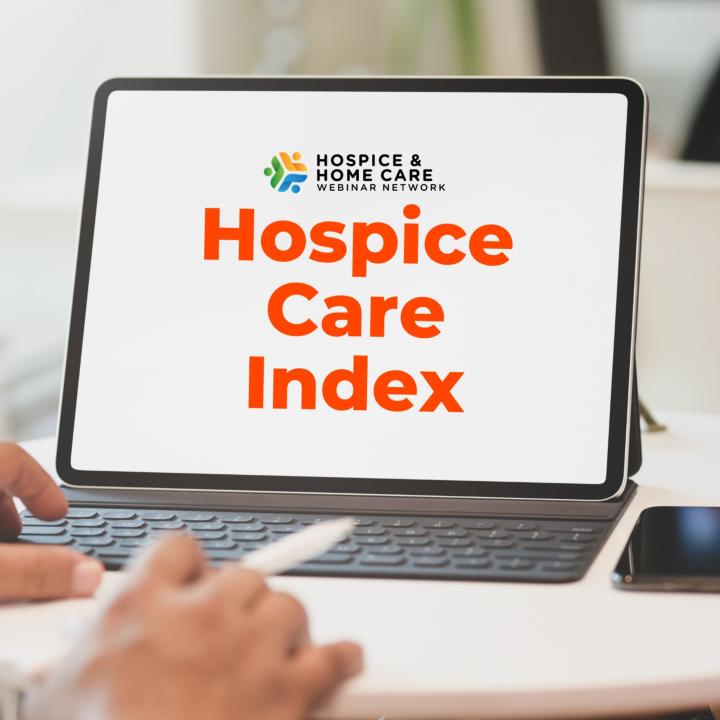
The Indispensable Role of Palliative Care and Hospice in the United States
As conversations surrounding healthcare evolve in the United States, the significance of palliative care and hospice services often goes underappreciated. The end-of-life period is a deeply personal and sensitive time, not only for the individuals facing it but also for their loved ones. The services provided by palliative care and hospice are essential during this critical period, ensuring that patients receive the most comprehensive, compassionate, and personalized care possible.
Understanding Palliative Care and Hospice
Palliative care is an approach to medical care that focuses on providing relief from the symptoms, pain, and stress of a serious illness. The goal is to improve the quality of life for both the patient and their family. Palliative care is suitable at any age and at any stage of a serious illness and can be provided alongside curative treatment.
On the other hand, hospice care is a subset of palliative care provided when a cure is no longer expected, and life expectancy is typically six months or less. The hospice approach focuses on easing pain, managing symptoms, and providing psychological, social, and spiritual support.
The Importance of Palliative Care and Hospice
Quality of Life
Palliative care plays a significant role in improving the quality of life for patients suffering from serious illnesses. Managing pain and other distressing symptoms, helps patients regain strength to carry on with daily life and can even improve their ability to tolerate medical treatments.
Emotional and Psychological Support
End-of-life care involves more than just physical well-being; it also encompasses emotional, psychological, and spiritual aspects. Palliative care teams and hospice services provide essential counseling and support for patients and their families during a profoundly difficult time.
Family Involvement
Palliative care and hospice services allow families to be an integral part of the decision-making process and provide them with the support they need. They assist families in navigating complex medical decisions and help them cope with the emotional stress associated with their loved one's illness.
The Current State of Palliative Care and Hospice in the United States
While progress has been made, there's still a long way to go in ensuring comprehensive palliative and hospice care across the United States. According to the Center to Advance Palliative Care, as of 2019, 72% of U.S. hospitals with fifty or more beds had a palliative care program. The availability of these services varies considerably depending on the geographical location, with rural areas often being underserved.
Similarly, hospice services have grown significantly over the years. However, misconceptions about hospice care persist, often leading to underutilization. Many people mistakenly associate hospice care only with imminent death, whereas it can be beneficial for anyone in the advanced stages of an illness, providing improved quality of life and comfort.
Looking Ahead
In a healthcare landscape increasingly focused on person-centered care, the relevance of palliative care and hospice services cannot be overstated. To truly maximize their benefits, we need a broader societal understanding and acceptance of these services, more professional training, better access, and improved policies to support their growth.
Increasing awareness about the role of palliative care and hospice is essential, as is debunking the myths associated with them. Healthcare providers should have these conversations with patients and their families early in the course of illness. With appropriate education and advocacy, we can ensure that more Americans have access to the care they need at the end of life - care that respects their dignity, comforts their symptoms and supports their families in navigating an incredibly challenging journey.
Read These Articles Next
December 2, 2021
April 2, 2021
June 8, 2022
© 2026 FINANCIAL EDUCATION & DEVELOPMENT, INC






